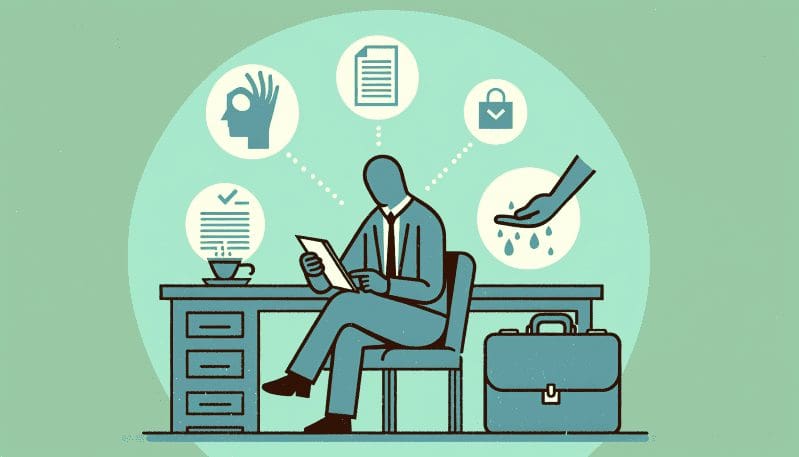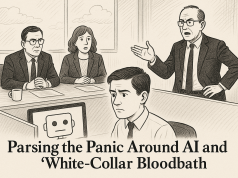In the bustling corridors of government offices and amid the hushed discussions in policy-making chambers, there’s a critical issue that often escapes the limelight: the mental health and well-being of government employees. Charged with the colossal task of steering the nation and serving the public, these individuals encounter unique challenges that can take a significant toll on their mental health. Yet, this is a narrative seldom told.
For too long, the culture of public service has valorized the stoic civil servant, impervious to the pressures and emotional turbulence of their work. But the reality is strikingly different. Government employees navigate high-stakes environments, complex bureaucracies, and often, the thankless nature of public service leads to stress, burnout, and mental health struggles.
The current support systems within the public sector, while well-intentioned, can fall short of addressing the nuanced mental health needs of government workers. Employee Assistance Programs (EAPs), counseling services, and wellness initiatives are steps in the right direction, but they must be tailored to truly resonate with the experiences of government workers.
To create a culture of self-care, we must start by acknowledging the unique stressors faced by government employees. The demands of confidentiality, the weight of making decisions that affect millions, and the often-polarized political climate can be isolating and anxiety-inducing. There is a pressing need for government agencies to become leading examples in prioritizing mental health. This requires a perceptible shift in policies and attitudes, where self-care is not seen as a sign of weakness but as an integral aspect of a productive and efficient workforce.
Personal stories from within the ranks can be powerful catalysts for change. By sharing experiences, government workers can break down the stigma attached to mental health discussions in the workplace. Transparent conversations about challenges and coping mechanisms can foster a supportive community within the public sector.
Innovative solutions might include implementing regular mental health days, offering mindfulness and stress-management workshops, and providing access to mental health professionals with an understanding of the specific challenges faced by government employees. Leadership training should also integrate mental health awareness, equipping managers with the skills to recognize signs of struggle among their team members and to offer appropriate support.
By dissecting policies, sharing personal stories, and discussing innovative solutions, we can inspire a paradigm shift towards self-care in the government workplace. It’s time to bring mental health out of the shadows and into the light, where it can be addressed with the care and importance it demands. Government agencies have the opportunity to set a precedent for workplaces everywhere by establishing environments that value and prioritize the mental health of their employees.
For the sake of our nation’s backbone, we cannot afford to overlook this silent toll any longer. It’s not only about the well-being of government workers—it’s about the well-being of our government.




























